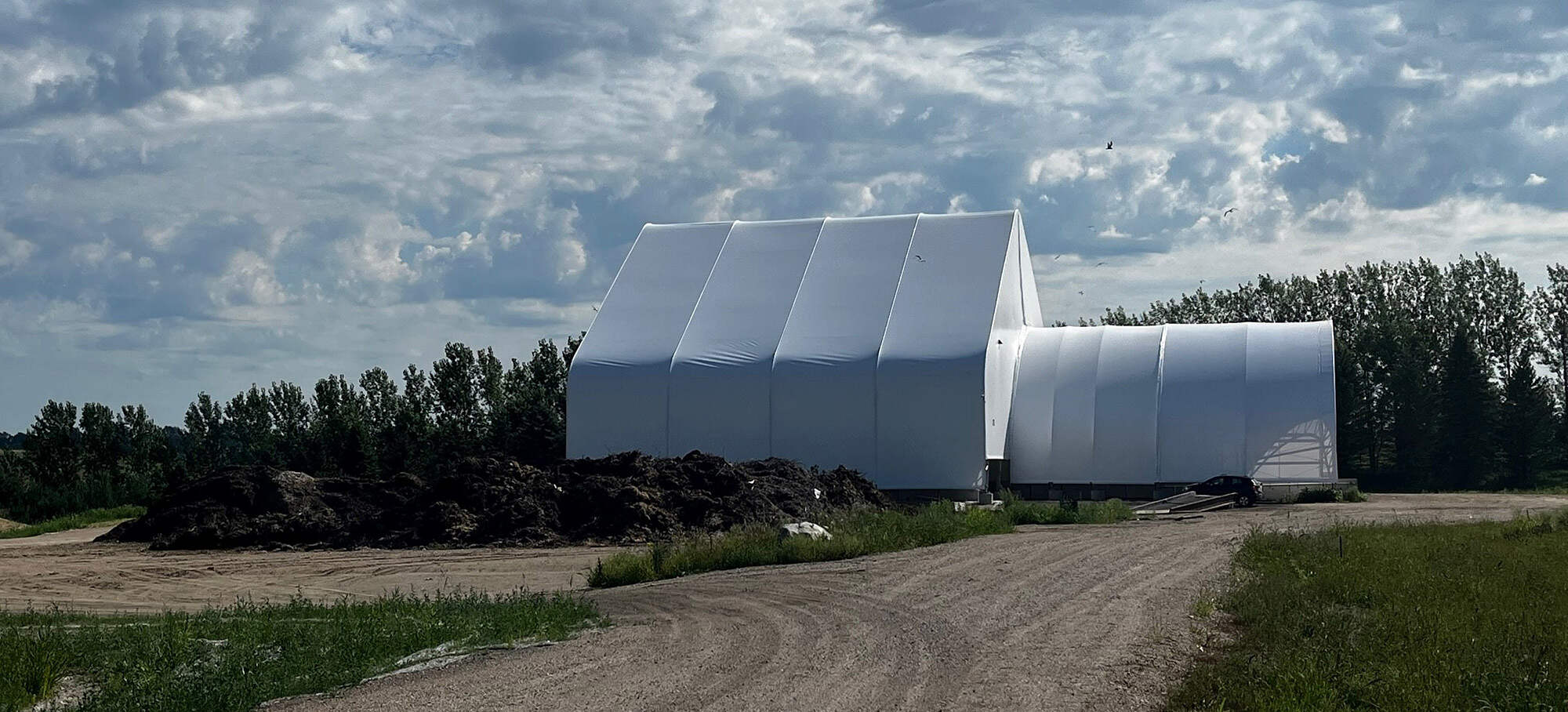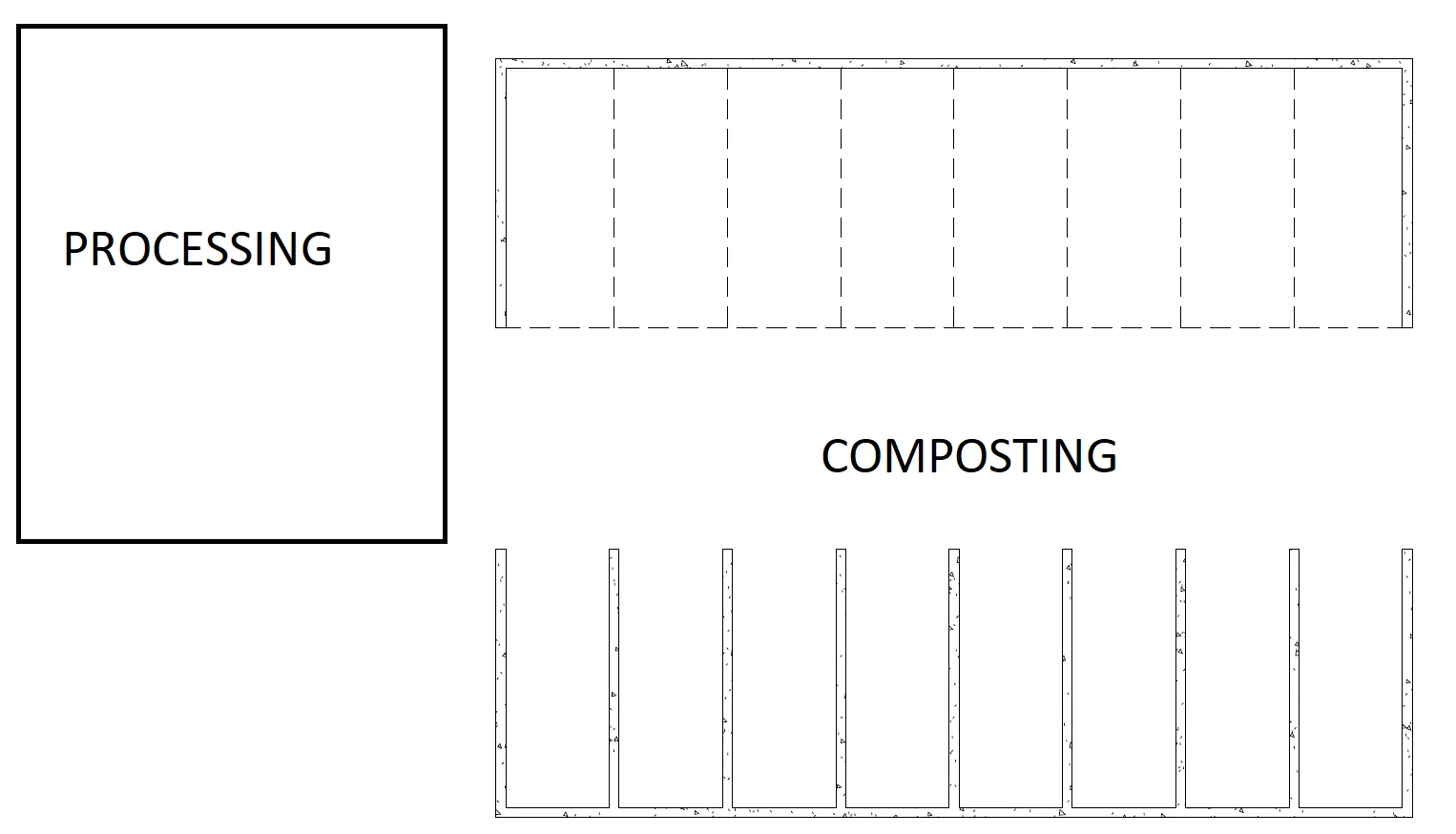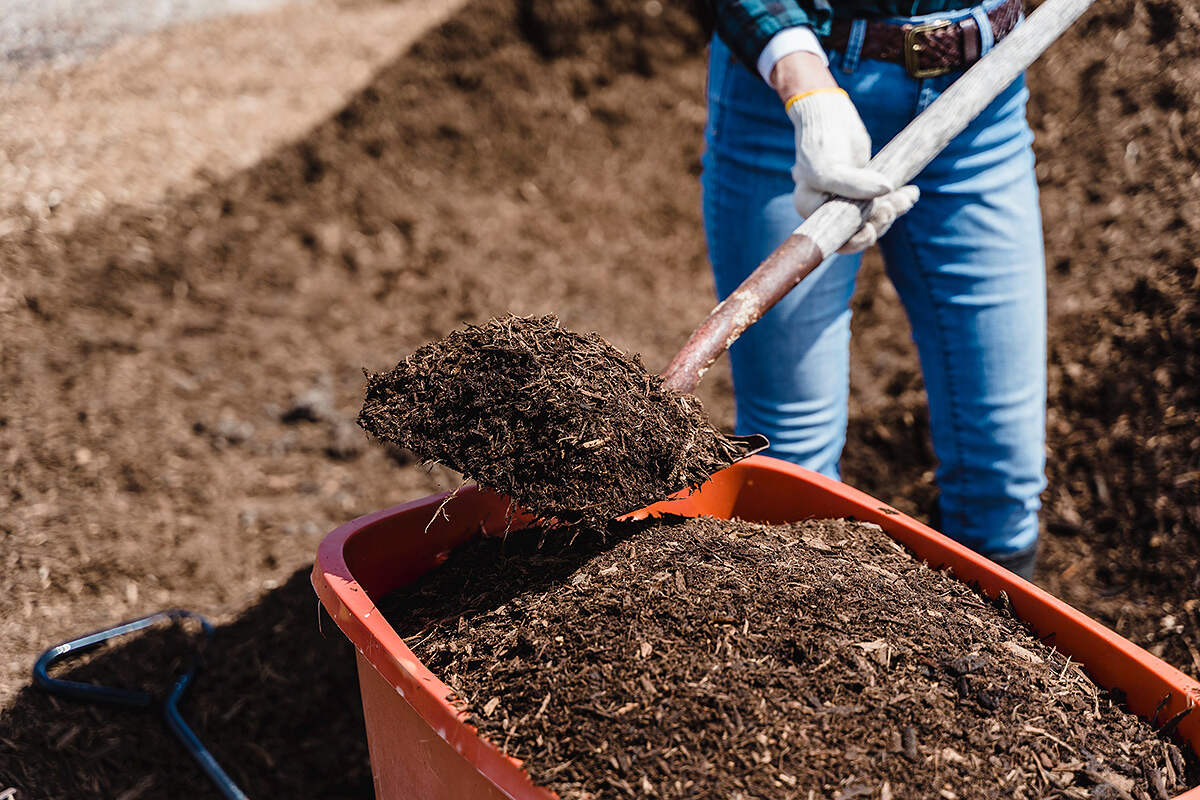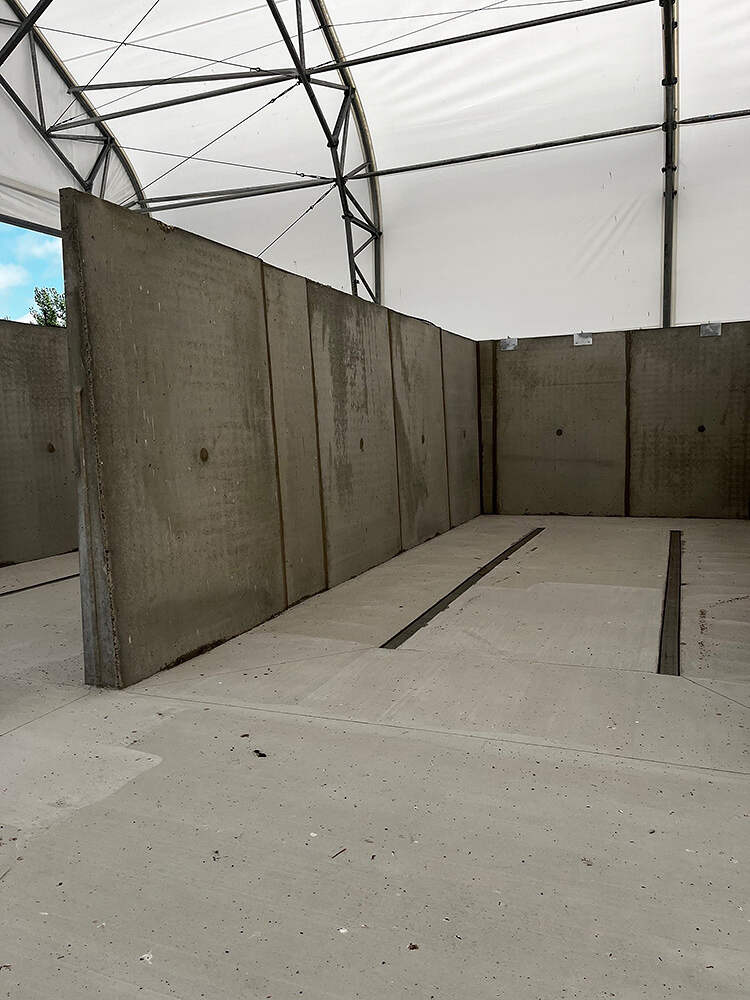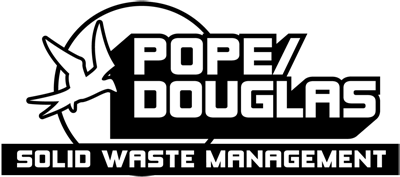Glacial Ridge Compost Facility:
Glacial Ridge Compost Facility:
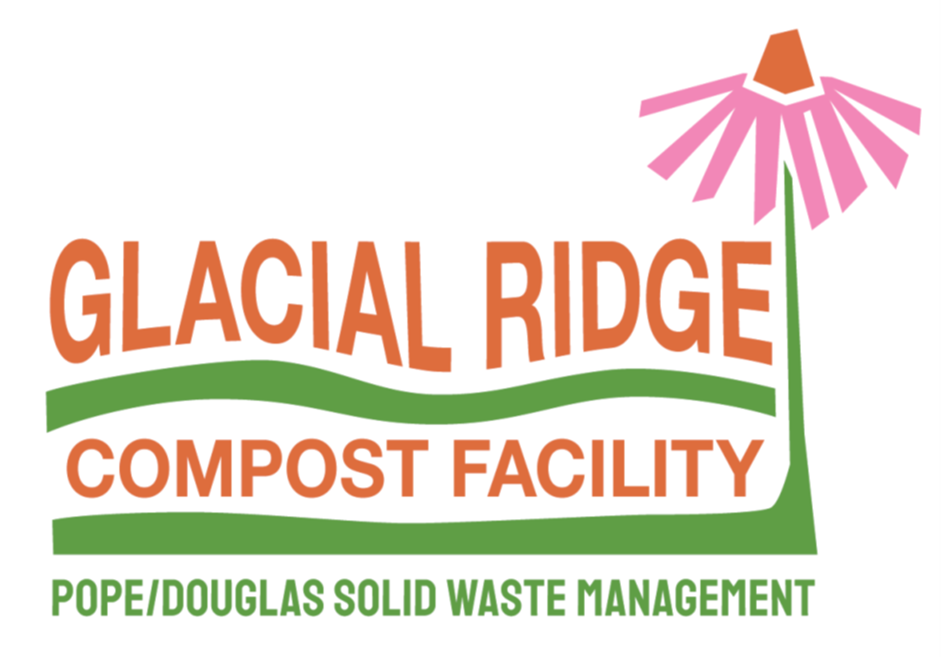
About The Glacial Ridge Composting Facility
Counties are tasked, by the MN Pollution Control Agency, to develop programs and opportunities to move resources up the waste hierarchy. Organics are a valuable resource that are nutrient dense. Proper management of organics reduces the strain on landfills and resource recovery facilities. Landfilling organics poses additional environmental concerns including methane (when organics are buried and become anaerobic). Combusting wet organics is not efficient at the resource recovery facility. Ever try starting a bonfire with damp wood? Same concept.

Diverting organics for proper composting (either backyard composting) or with a commercial composting facility allows for these materials to be managed in an environmentally friendly manner. The compost that is created at the end of the process provides an opportunity to treat substandard soils along roadway construction projects, topdressing and improving soils around a construction/build site, increasing organic content in farmers fields or perhaps your raised garden bed at home.
Compost is the product manufactured through the controlled aerobic, biological decomposition of biodegradable materials. The product has undergone mesophilic and thermophilic temperatures, which significantly reduces the viability of pathogens and weed seeds, and stabilizes the carbon such that it is beneficial to plant growth. Compost is typically used as a soil amendment, but may also contribute plant nutrients….
Background
Pope/Douglas coordinated a ‘pre-pilot’ organics collection program in 2016 with Minnewaska High School leading the way, closely followed by Woodland Elementary, Alexandria Area High School, and Osakis School.
Pilot roll-out occurred from 2017-2019 with more entities starting commercial organics recycling collection. Entities included grocers, restaurants, nursing home/assisted living/healthcare, and floral shops. Several community-based organics drop sites were developed in order to provide access for households to participate.
Phase 1: Construction of an organics transfer station to serve a 5 county regional partnership was developed in 2020. Capacity of the transfer station is 1,000 tons per year.
During the pilot and Phase 1 time period, organics were transported to Tri-County Organics near St. Cloud for composting.
Phase 2: Pope/Douglas secured funds through the Capital Assistance Program (CAP) to develop a full-scale commercial composting operation adjacent to the existing organics transfer station. Technical assistance and partnership with SEH to develop a site plan and with Engineered Compost Systems to develop an Aerated Static Pile (ASP) system with bunkers to deliver cutting edge processing and monitoring to achieve PFRP (Process to Further Reduce Pathogens) efficiently and with ease.
